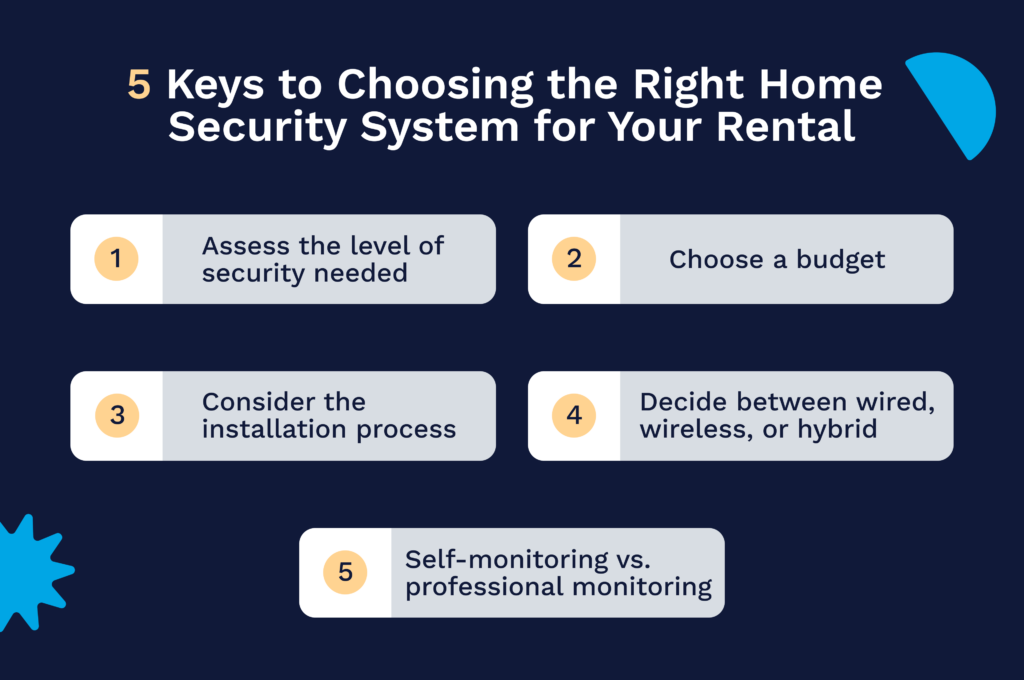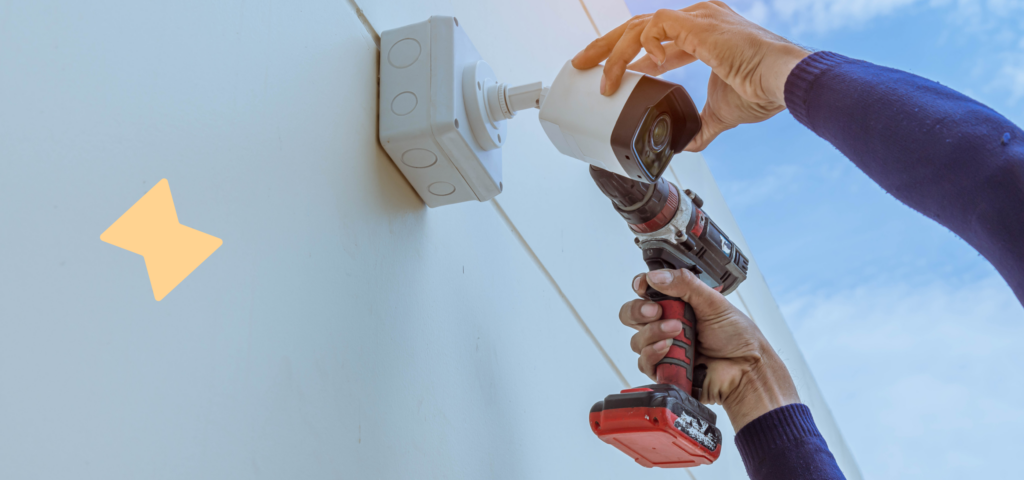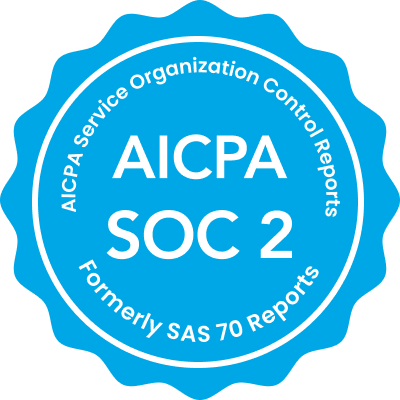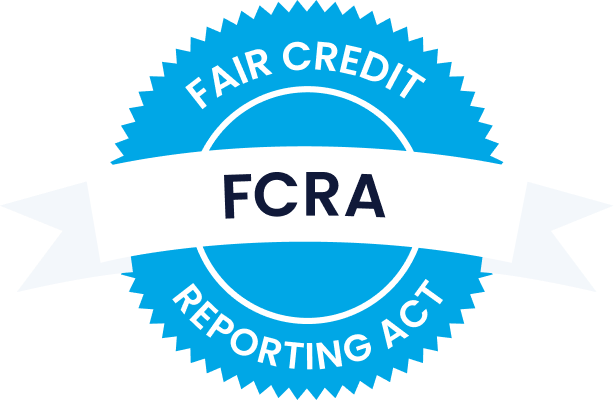Creating a home security system for your rental is a wise investment. Criminal activity like theft and vandalism can harm your rental’s profitability, leading to higher tenant turnover and costly insurance claims. By improving the security of your property, you can drastically reduce these risks, which can help you keep your tenants safe and boost your income.
So, how is having a security system for your home a risk management strategy? We’ll explore the tools and services you can use to deter criminals from targeting your property and what to consider when designing your ideal home security system.
Choosing the right home security system for your rental property
There isn’t a one-size-fits-all security solution for all rentals. There are, however, critical factors you should consider to ensure you get the best return on your investment.

1. Assess the level of security needed
Your goal is to figure out what equipment and services are necessary to offer enough protection for your rental and tenants. For the most part, the type of property you own will dictate the scope and design of your security system. Ask yourself:
- Is your rental a condo, townhouse, or detached property?
- How large is your property?
- Is the rental open concept or are the rooms separated by walls?
- How many entry doors and windows are there?
- Is there one level or more than one?
- Is there a garage, shed, or other detached structure that needs additional protection?
Next, evaluate the amount of crime in the community where your rental property is located. The higher the crime rate, the more security measures you’ll need to put in place.
2. Choose a budget
The cost of a home security system can vary widely. The more features and services there are, the more you can expect to pay. Therefore, it’s crucial to settle on a budget beforehand, one that will provide adequate security but not cut into your rental profits.
Typically, less is more when it comes to rental property security. There’s no need to spend $50,000 to build a panic room in the basement when a smart lock coupled with a basic alarm will do. You can keep your costs low by prioritizing the most vulnerable areas, such as the front door. It’s also wise to choose security devices that offer multiple features, such as a camera that allows for remote viewing, two-way audio, and HD video capture.
3. Consider the installation process
Before you start on your home security shopping spree, consider the installation process. Are you prepared to commit the time and effort to installing and configuring everything properly? And how easy is it to get the equipment up and running?
Suppose the security system you want is bulky and tricky to install. In that case, you may lack the time and expertise to set it up, so you’ll need to hire a professional. Naturally, this results in another expense, but ensuring all your devices function is worth it. Plus, you may receive an extended warranty and extra deals on top.
Alternatively, if your system is relatively easy to install and configure, and you have plenty of time to spare, taking the DIY route can save you money.
4. Decide between a wired, wireless, or hybrid system
While overlooked by some landlords, whether you prefer your home security to operate on wired or wireless technology (or a combination of both) is worth thinking about.
A wired security system is more reliable, as it doesn’t require an internet connection (which may abruptly disconnect due to signal interference), and you don’t need to charge any batteries to keep it running. However, it typically requires professional installation and may shut down during a power outage.
Alternatively, a wireless system is easier to install and is resistant to power outages. However, it runs on battery power, which requires maintenance and is susceptible to signal interference and hacking.
A hybrid security system offers the best of both worlds. For example, you could opt for wireless motion sensors and a plug-in camera for your front door.
5. Self-monitoring vs. professional monitoring
A self-monitoring security system is ideal if you’re okay with assessing and responding to security threats personally. It’s also a great way to save money, as the DIY approach to monitoring your rental is far cheaper than outsourcing the job.
Remember though that you’re the last line of defense. For example, you or your tenant must contact first responders should a break-and-enter occur. Naturally, this could be a problem if everyone is sleeping or if no one’s home at the time of the incident.
On the other hand, suppose you’re not confident in handling your home security. In that case, it’s better to turn to a professional home security company. Should there be an emergency, such as a home invasion, the security firm will immediately dispatch the appropriate authority to your property. And, of course, this service is active 24/7, which is helpful if your tenant is on vacation.
Which security devices or services should I invest in?
Many home security devices and services are available to discourage criminal activity. Here are some popular options to consider.
A smart lock allows you to lock and unlock your door automatically by typing in the access code—no physical key is required. You can also control the lock remotely through your smartphone and track who enters and leaves your property. The combination of keyless entry, automatic locking, and remote monitoring features will make it more challenging for thieves to access your rental.
A video doorbell is essentially the digital equivalent of a peephole. It operates with smart technology, so you can check who’s near your entrance at any time of the day through your smartphone, tablet, or other electronic device. Most video doorbells come with a built-in, two-way voice speaker, allowing you to communicate with the person outside your front door, even while you’re away from home. Some models offer live streaming and recording capability, as well.
Motion sensors are designed to detect movement in a defined area. When triggered, they activate an alarm or switch on lights to your property. The advantage of motion sensors is that they can alert you of an intruder on your property when you’re not at home. Most modern variations will notify you of a threat via your phone, enabling you to take immediate action.
Installing security cameras is one of the savviest ways to keep your property crime free. They discourage burglars from targeting your rental and capture footage of criminal activity. Modern surveillance cameras seamlessly connect with your Wi-Fi and allow you to monitor your property remotely. They also offer features like night vision, high-resolution video, motion detectors, two-way audio, sound detection, and sirens.
An alarm system detects intruders who enter your property, usually through a door or window. Triggering it results in a loud warning. Some alarm systems automatically notify the police or your home security monitoring company.
Security lighting illuminates dark areas surrounding your property, making it harder for intruders to carry out their criminal activities undetected. Like locks and cameras, most modern security lights run on Wi-Fi technology. As a result, you can switch them on and off remotely. Keeping the lights on while you’re away will give the impression that someone’s at home, which may alone be enough to dissuade most burglars.
Monitoring services. Investing in an all-encompassing home security syste
Investing in an all-encompassing home security system managed by professionals is an excellent way to ensure your rental property is safe for tenants. Most monitoring services offer customizable security plans and 24/7 home surveillance. Should an intruder gain access or another emergency occur on your premises, the company’s response center will notify the proper authorities on your behalf.
The benefits of investing in a home security system
Implementing a home security system for your rental property provides many benefits that can enhance your rental business:
Protection for your tenants
With robust security features on your property, your tenants can rest easy knowing they’re safe from burglars and other threats. By showing that you’ve put in effort to safeguard their belongings and lives, tenants will be more likely to stay in your rental for the long haul. Prioritizing safety will foster a positive tenant-landlord relationship.
Protection for your property and possessions
An effective security system will minimize the chance of having valuable items stolen and the premises damaged. If you opt for professional monitoring from a home security firm, you and your tenant will benefit from 24/7 surveillance.
Lower insurance premiums
As a landlord, you have plenty of expenses to deal with, so discounts are always nice to have. Most insurance providers view home security systems favorably, as they reduce the risks of property damage or theft. By showing that you have security features in place, you could get a sizable reduction on your landlord insurance premium.
Detection of fatal hazards
Burglars and vandals are a threat, but they’re usually not as deadly as fire, smoke, and carbon monoxide. Comprehensive security systems typically include devices that detect such dangers and promptly alert the home’s occupants. Some of these tools also come with water sensors, which protect your rental from flood risks.
Attract quality tenants
Investing in security services and equipment will make your property more attractive to potential renters. Modern security offerings have built-in features, like remote monitoring, that would make your rental stand out to tenants looking for a safe place to call home.
Higher rent fees
If your rental boasts a sophisticated security system, you could justify charging a higher price. Some tenants will be more than willing to pay for the extra safety features, especially if they own valuable items.
Manage your property efficiently
In addition to improving your property’s safety, a home security system can reduce the time and money you spend on doing other tasks as a landlord. For example, by installing smart locks on your doors, you’ll no longer have to change locks and keys between tenancies. And if you run a short-term rental operation, smart locks are a great way to streamline check-ins and prevent late check-outs. You’ll have more control over who can enter and leave your property—and you can do it remotely.
Our final thoughts
A home security system is essential to managing the risks of owning a rental property. Luckily, more options are available today than ever before to keep your home safe, so you can easily find a solution that fits your needs and budget. Modern security devices utilize smart technology, making them affordable and convenient, and professional monitoring services spare you from keeping an eye on your property around the clock.
Armed with the right mix of security tools and services, you can protect your investment from theft, vandalism, and other criminal activity. And your tenants will be grateful as well, as they certainly don’t want to become an unexpected victim. Providing them with a safe and comfortable living space will make them more inclined to stay with you for the long term.





